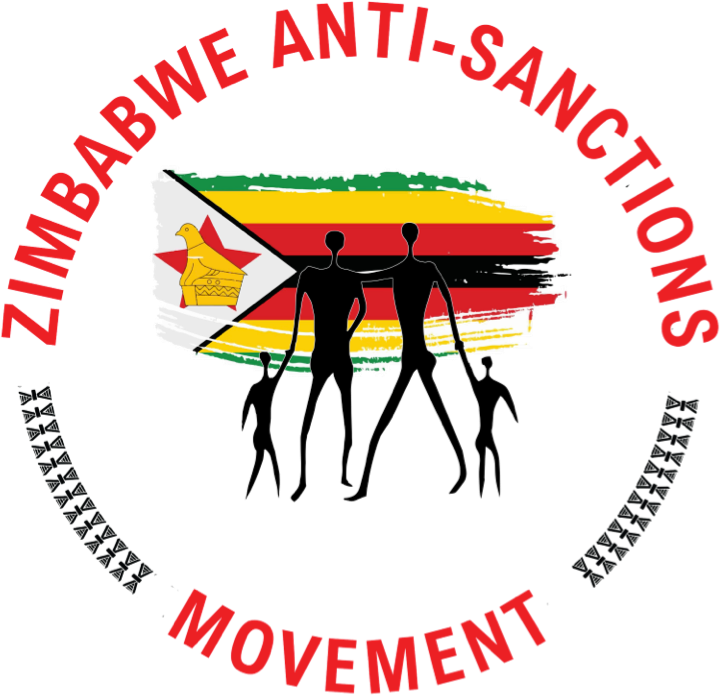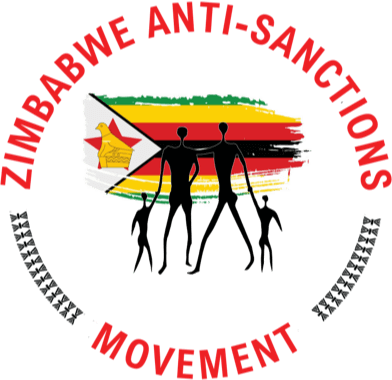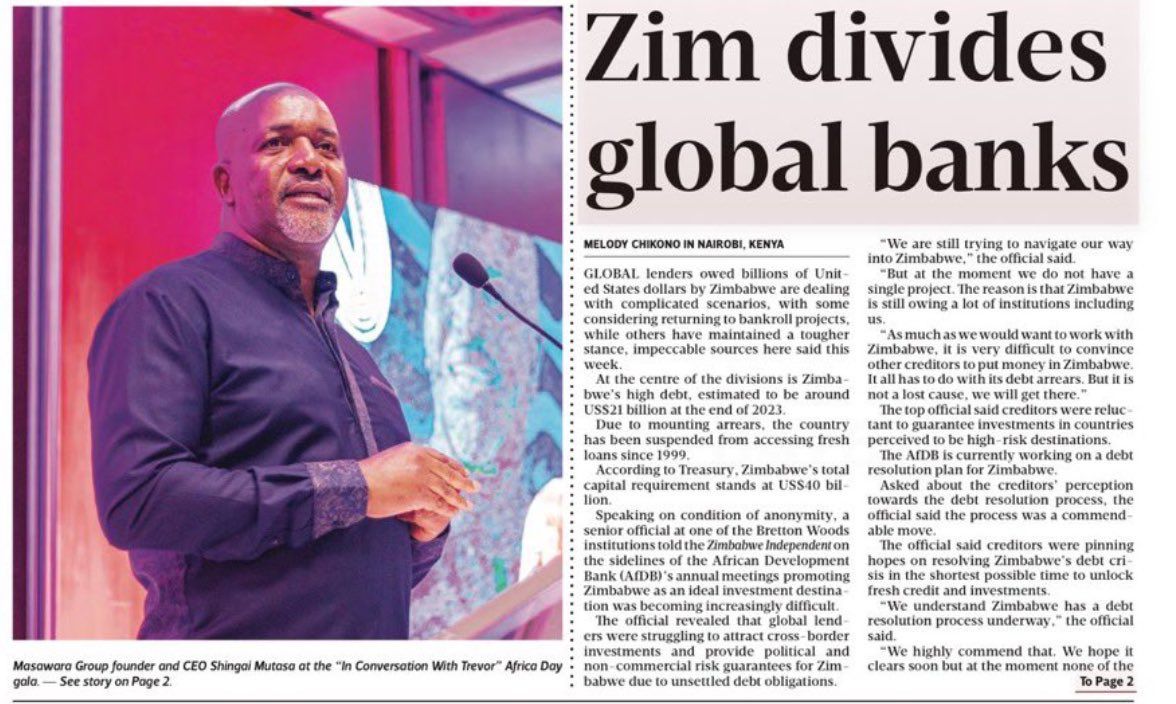Over the past 20 years, Zimbabwe has been under unilateral, coercive, economic measures (sanctions), imposed by the US and its Western allies (UK, EU, Australia and Canada). And during this period, South African media houses have advanced the false narrative that these sanctions are targeted on politicians who violate human rights and not upon civilians.
Now, we would like to draw the media’s attention to the fact that between the 18th and 28th of October 2021, the UN Human Rights Council is sending the UN Special Rapporteur on the negative impact of coercive economic measures on civilian enjoyment of their human rights, and in the background statement of the UNHRC on the trip, they articulated that unilateral coercive economic measures, are illegal at international law and a violation of human rights according to resolution HRC/34/13 (see figure 1. Below)..
Figure 1.
Excerpt Of Human Rights Council Background Statement On Unilateral Coercive Measures.
On 24 March 2017, the Human Rights Council adopted resolution 34/13 on human rights and unilateral coercive measures. The resolution stresses that unilateral coercive measures and legislation are contrary to international law, international humanitarian law, the Charter and the norms and principles governing peaceful relations among States, and highlights that on long-term, these measures may result in social problems and raise humanitarian concerns in the States targeted.
We believe that this visit by the Special Rapporteur, serves as sufficient evidence and proof that the sanctions on Zimbabwe are an illegal, collective punishment of civilians, depriving them of the enjoyment of their human rights. For this reason, the narrative that Zimbabwean sanctions are justified because they are targeted on politicians who violate human rights, is false, not only for the above reasons but because Zimbabwean politicians are not the only ones under sanctions, but, investors, entrepreneurs, banks, companies, the Zimbabwean government, local governments, state owned enterprises and civilians they serve. More importantly, none of these targets were ever tried in any court and found guilty for violating human rights, to justify extrajudicial punishment by sanctions.
The South African President, SADC and AU leaders have understood this and joined hands with Zimbabwe to fight these illegal sanctions in order to alleviate the humanitarian crisis in that country, that is spilling into South Africa and the rest of the region. The South African media has an obligation to serve the South African people by telling the truth about this crime against humanity that is unfolding in Zimbabwe, instead of advancing disinformation to foment forced regime change in a neighboring country, in a manner that will affect South Africa.
We also believe that the media should retract and correct the falsehoods that they have peddled over the past 20 years or else we will approach BCCSA and courts. We also hope they will join Zimbabweans to denounce these crimes against humanity on the 25th of October 2021( SADC Zimbabwean anti-sanctions day).
Regards.
Nosipo Bekani.
Director of ZUAUWS.




